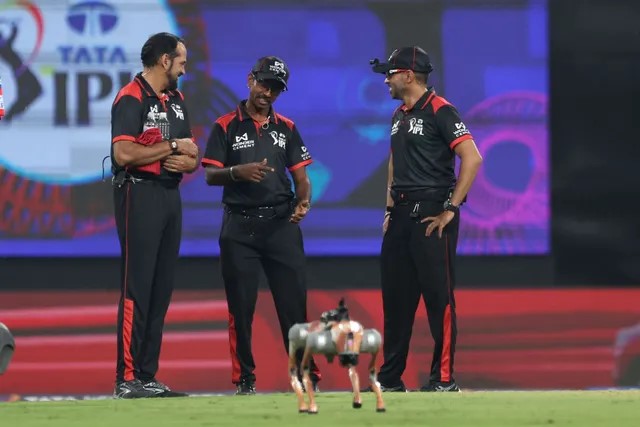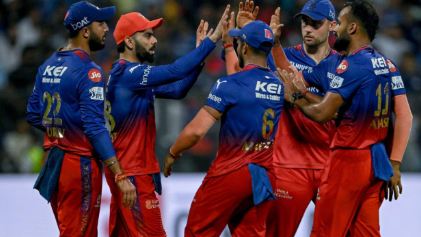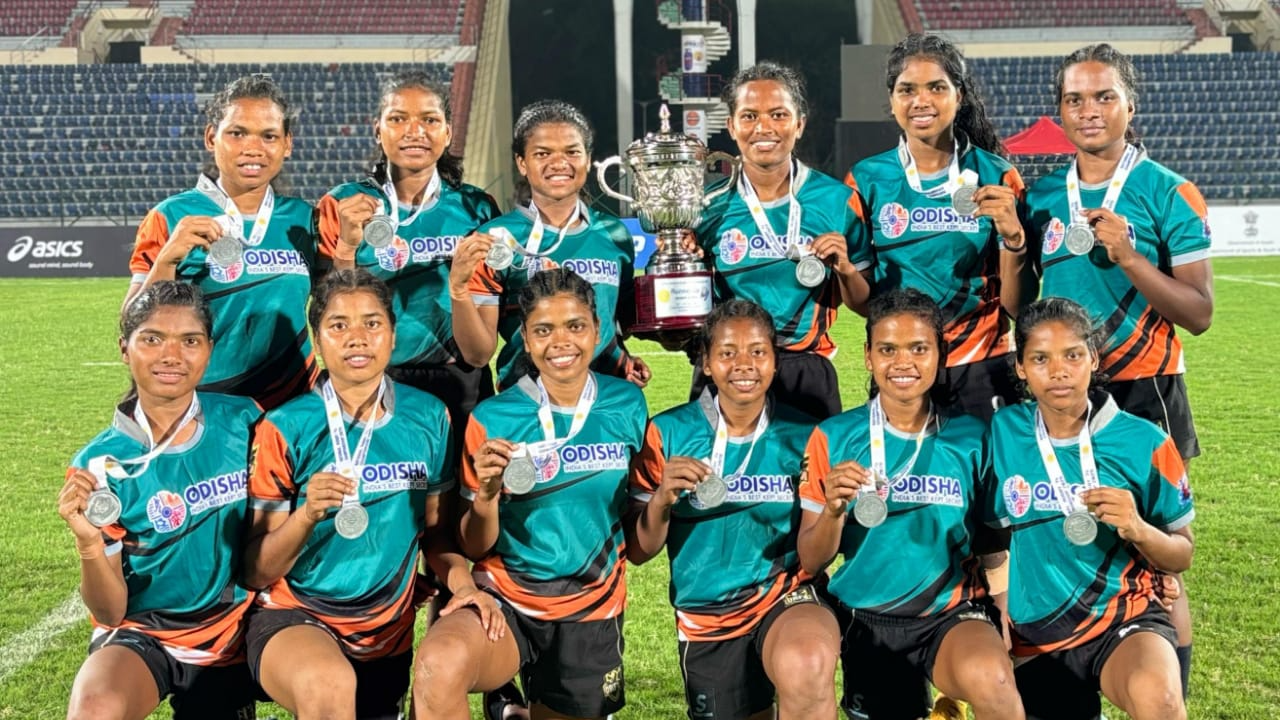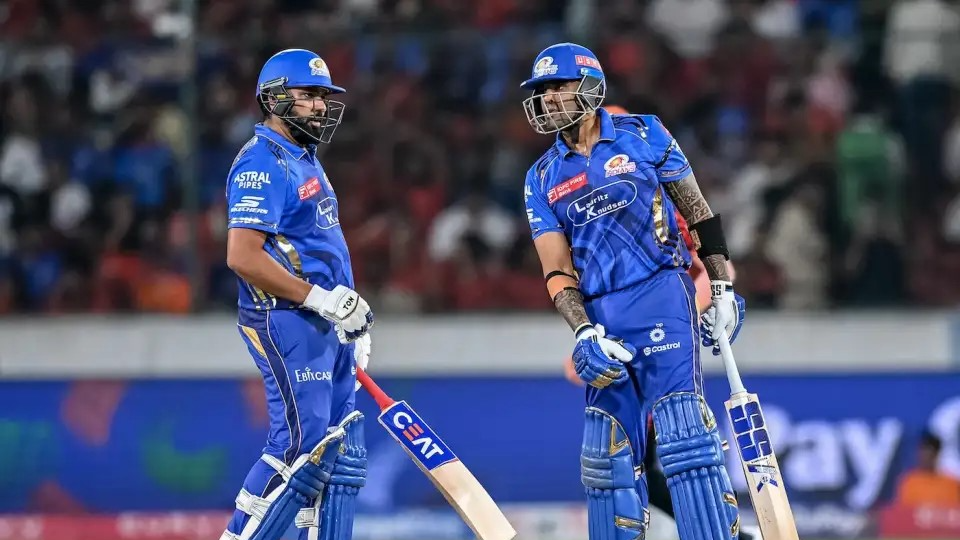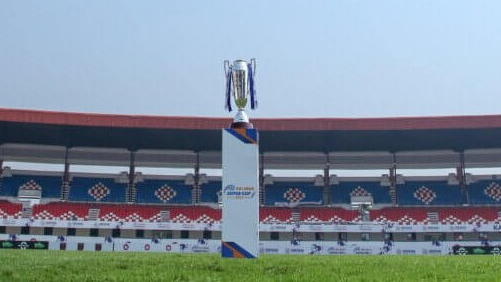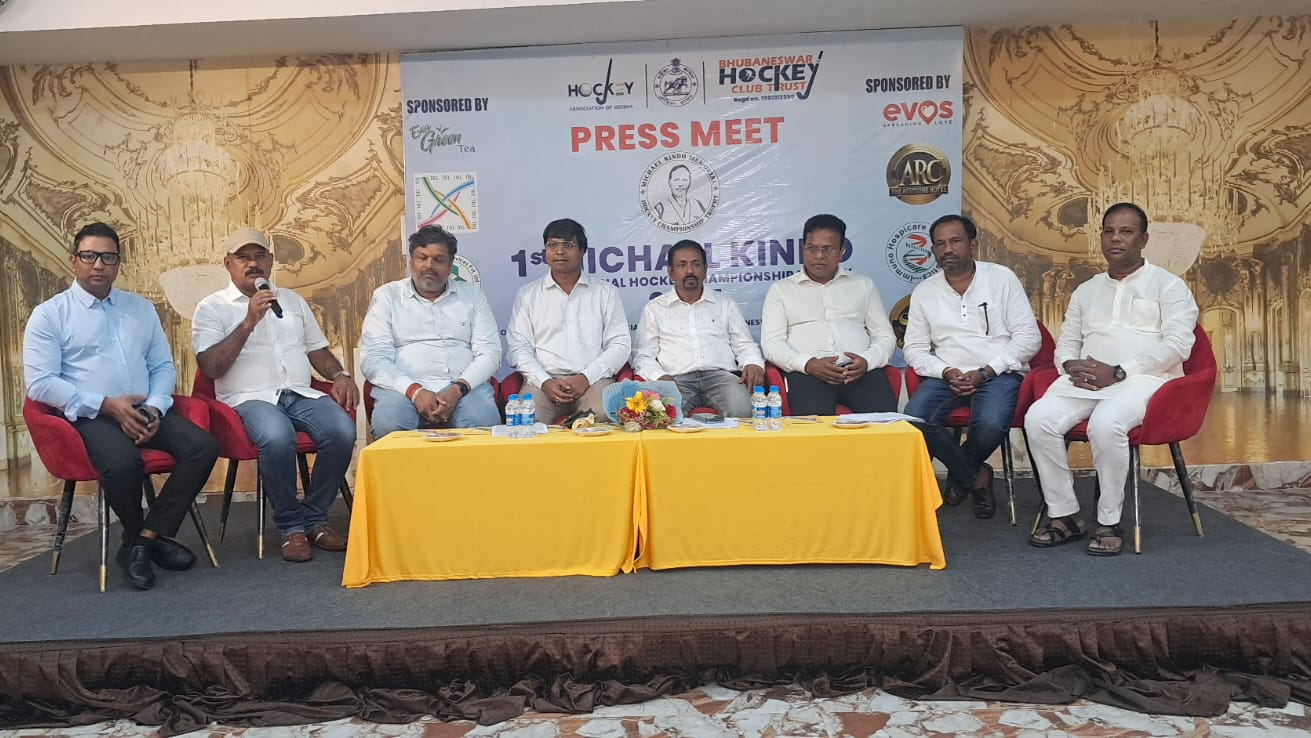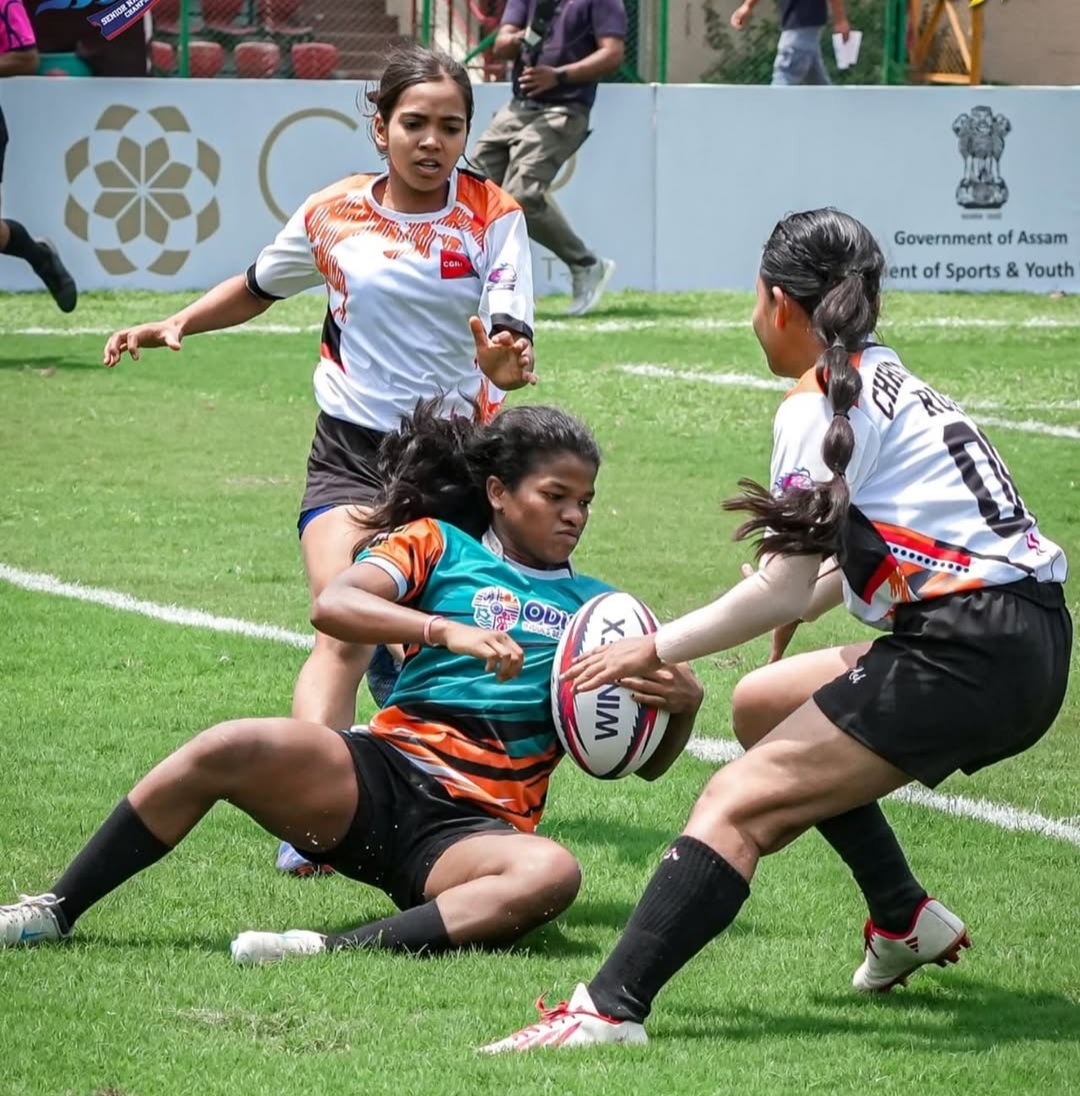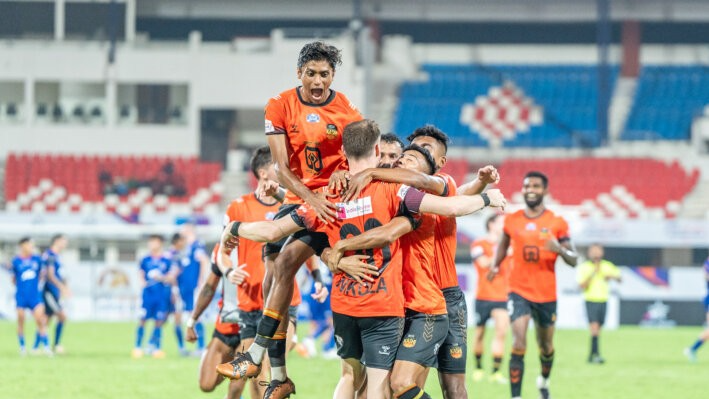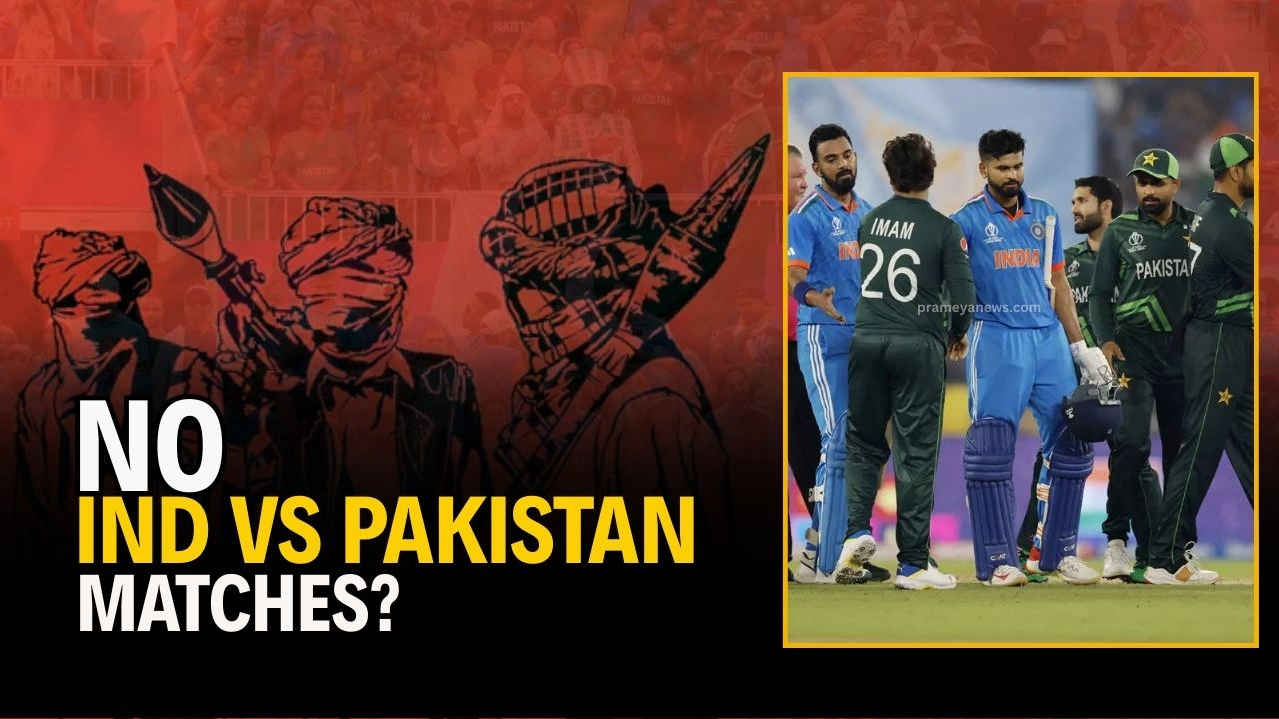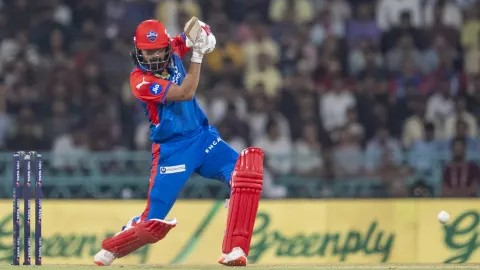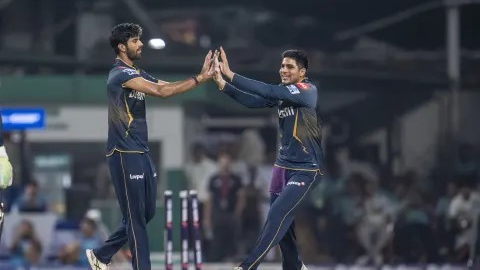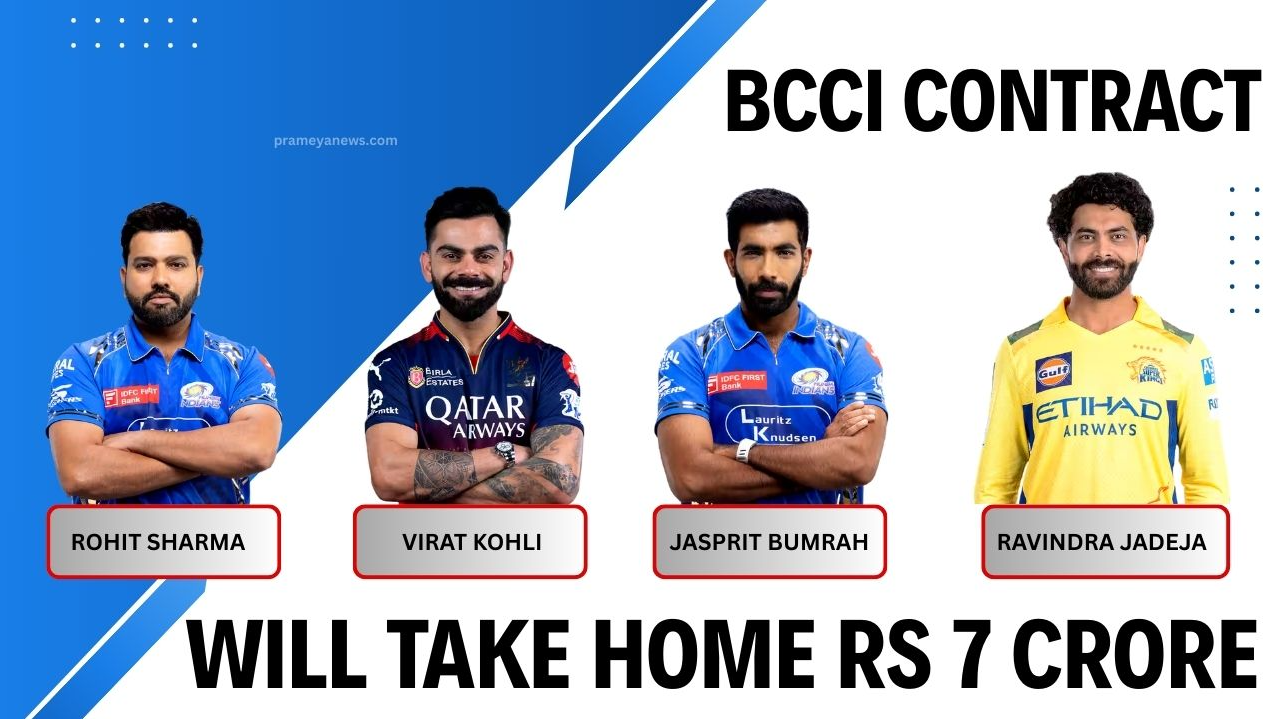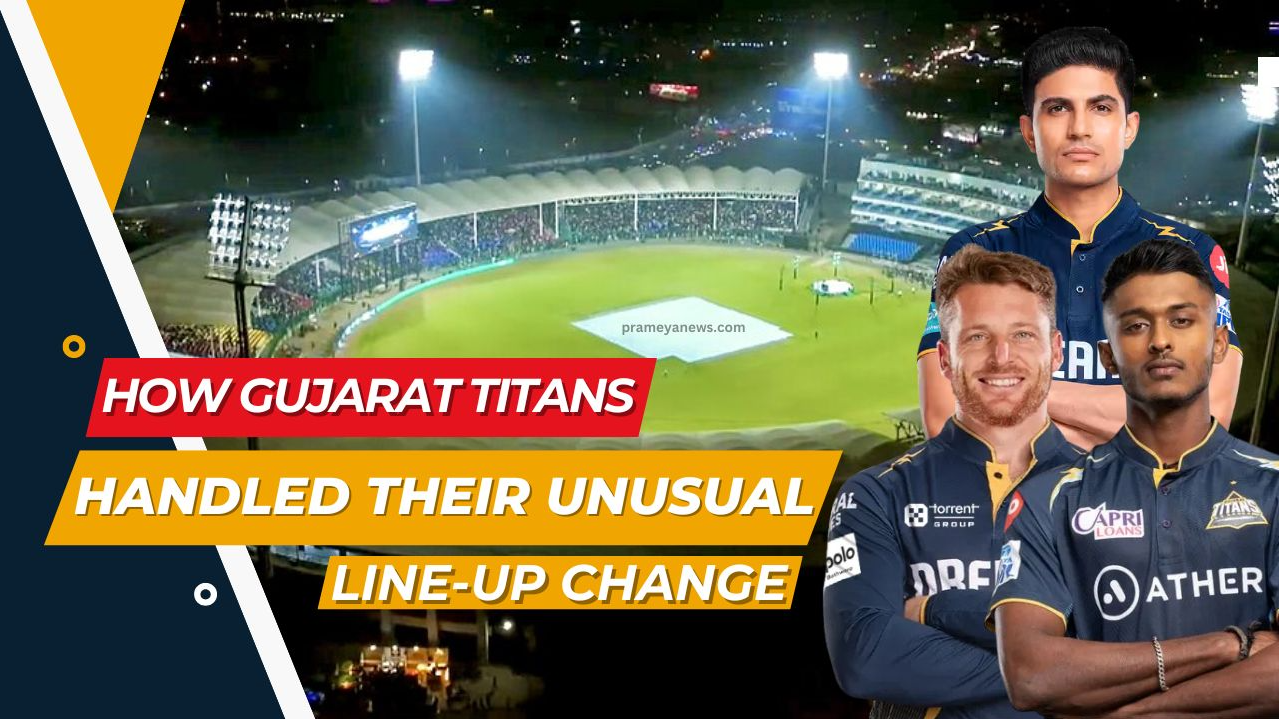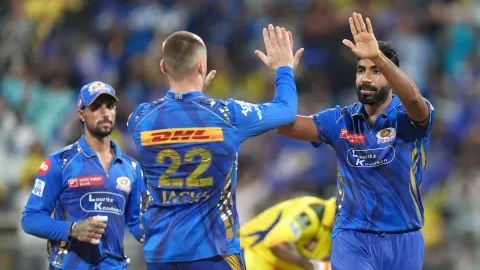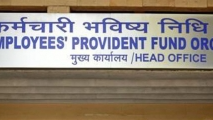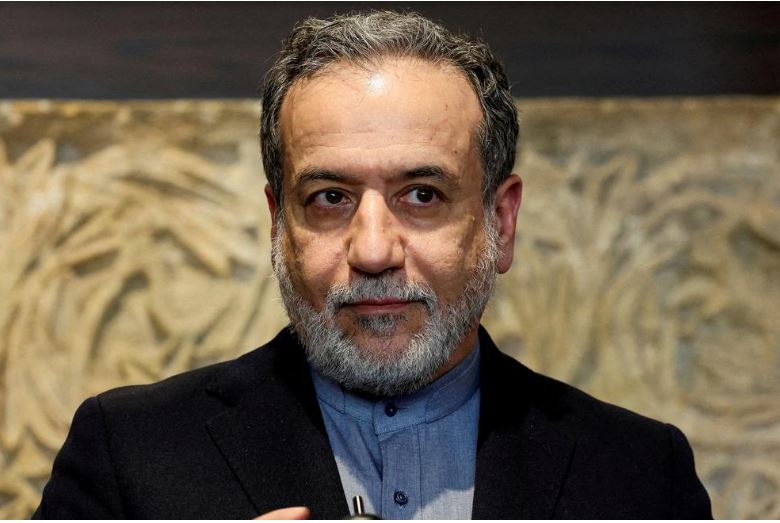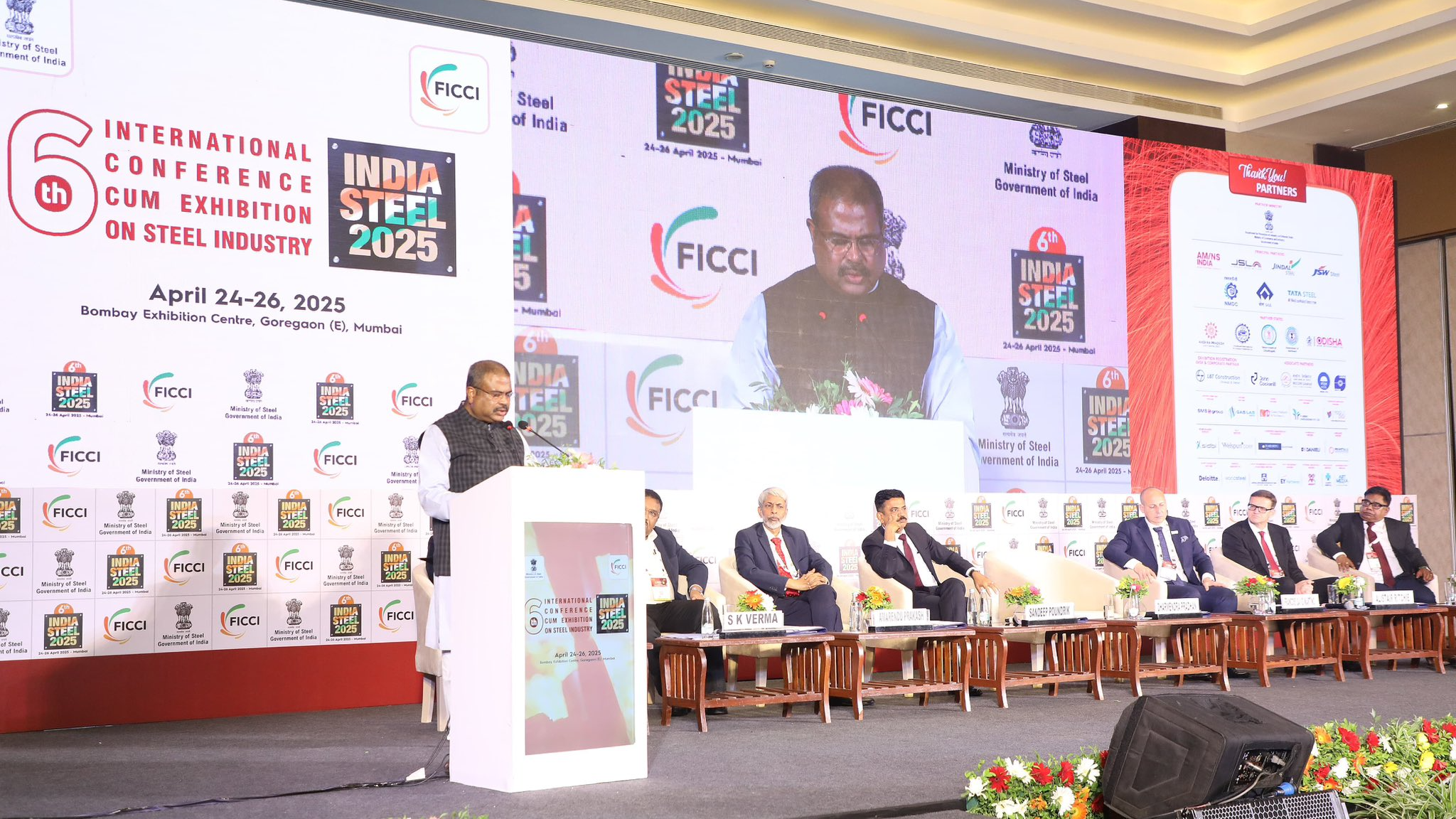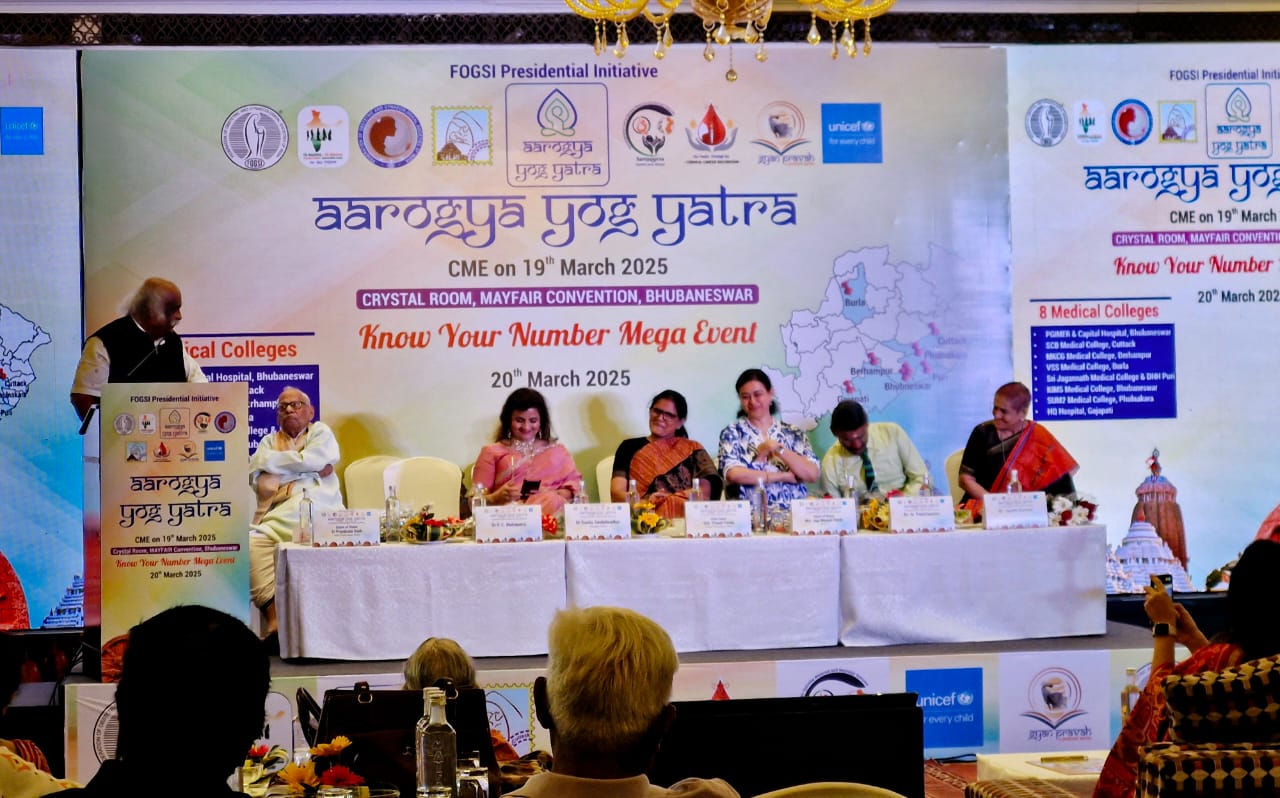Umpire Compensation in IPL vs. Domestic Cricket
While cricketers often dominate discussions about salaries and performance in the Indian Premier League (IPL), the umpires and match officials who ensure the game's integrity operate under intense scrutiny, albeit with less public focus on their compensation. These officials are custodians of fairness and rule interpretation. The remuneration structures for umpires officiating in Indian domestic cricket as compared to the significantly higher stakes and pay scales within the IPL.
Compensation Structures
A distinct difference exists between the earnings of umpires in domestic circuits and the IPL:
- Domestic Cricket: In India's domestic structure, umpires officiating four-day matches can earn up to ₹1.6 lakh per game. This typically breaks down to daily payments ranging from ₹30,000 to ₹40,000, depending on the umpire's grade and experience. The role demands considerable fitness, sustained concentration, and the ability to manage matches under varying levels of scrutiny.
- Indian Premier League (IPL): The high-profile nature of the IPL translates into substantially higher compensation for its officials. On-field umpires reportedly earn ₹3 lakh per match officiated. Fourth umpires, who assist the on-field officials and manage other match duties, receive ₹2 lakh per match.
Demands of IPL Umpiring
The increased financial rewards in the IPL correspond with significantly heightened pressure. Every decision made by an IPL umpire is subject to intense real-time analysis through broadcast technology (like DRS and ultra-edge), expert commentary, and scrutiny from millions of viewers worldwide. The margin for error is exceptionally small. Officiating at this level requires not only deep knowledge of the rules but also exceptional psychological strength, rigorous training, continuous performance assessments, and the ability to adapt seamlessly to evolving technologies designed to aid decision-making.
Umpires form an indispensable part of the cricketing ecosystem, yet their compensation varies significantly between the domestic level and the high-pressure environment of the IPL. While domestic umpires earn respectable fees reflecting the demands of multi-day cricket, the IPL offers substantially higher match payments, commensurate with the intense global scrutiny and technological oversight inherent in the league. Regardless of the level, the role demands high levels of skill, integrity, and focus, underpinning the fair conduct of the sport.








